At its state-of-the-art EV factory in China’s Guangzhou, Honda is slashing labor by 30% through the use of AGVs and AI-enhanced welding.
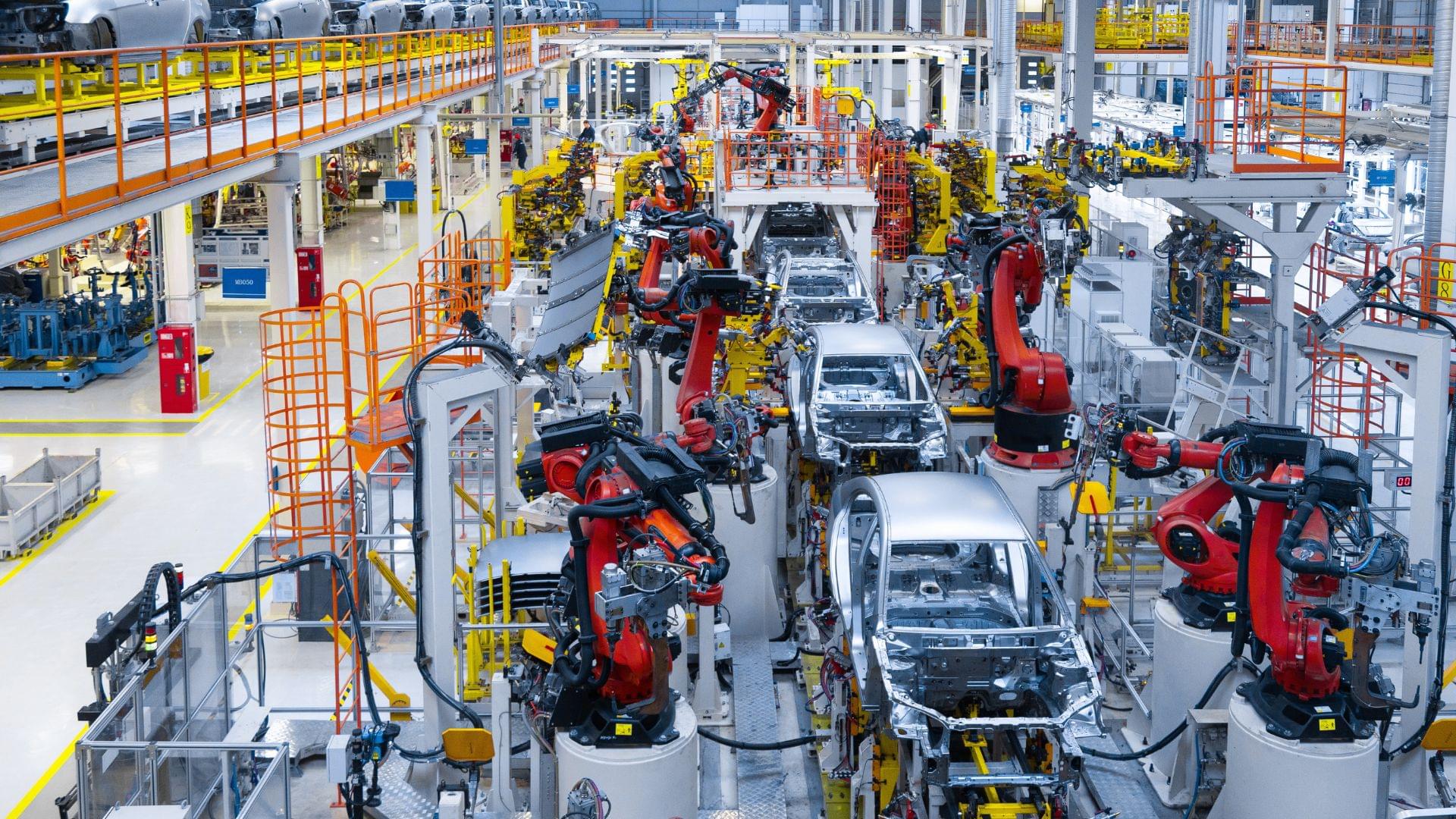

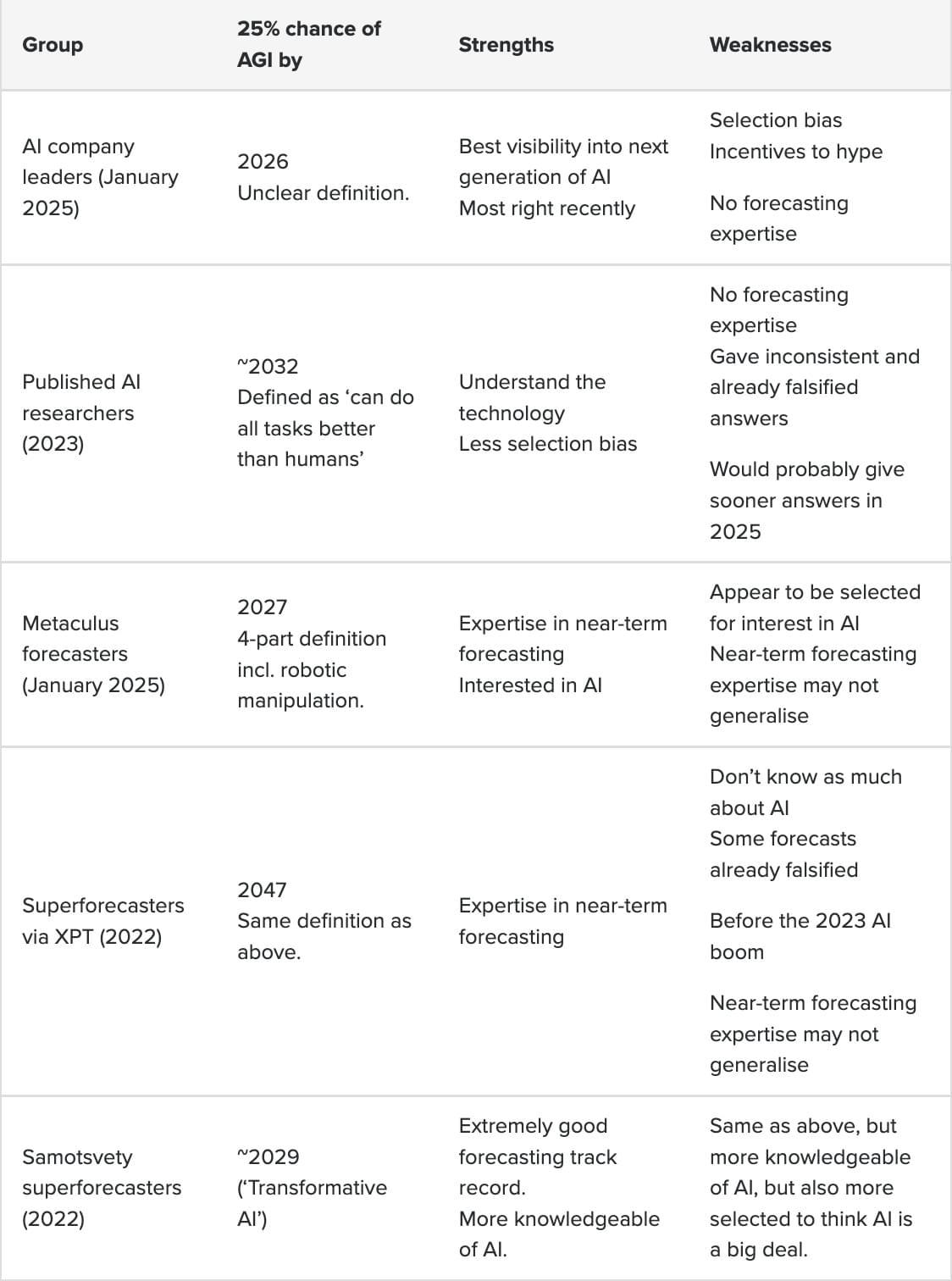
I’ve argued elsewhere that it’s plausible AGI arrives before 2030. That’s a big claim.
As a non-expert, it would be great if there were experts who could tell us what to think.
Unfortunately, there aren’t.
Explore the fascinating intersection of resistance, permanence, and future technology with renowned OmniFuturist and author Allen Crowley. In this thought-pr…
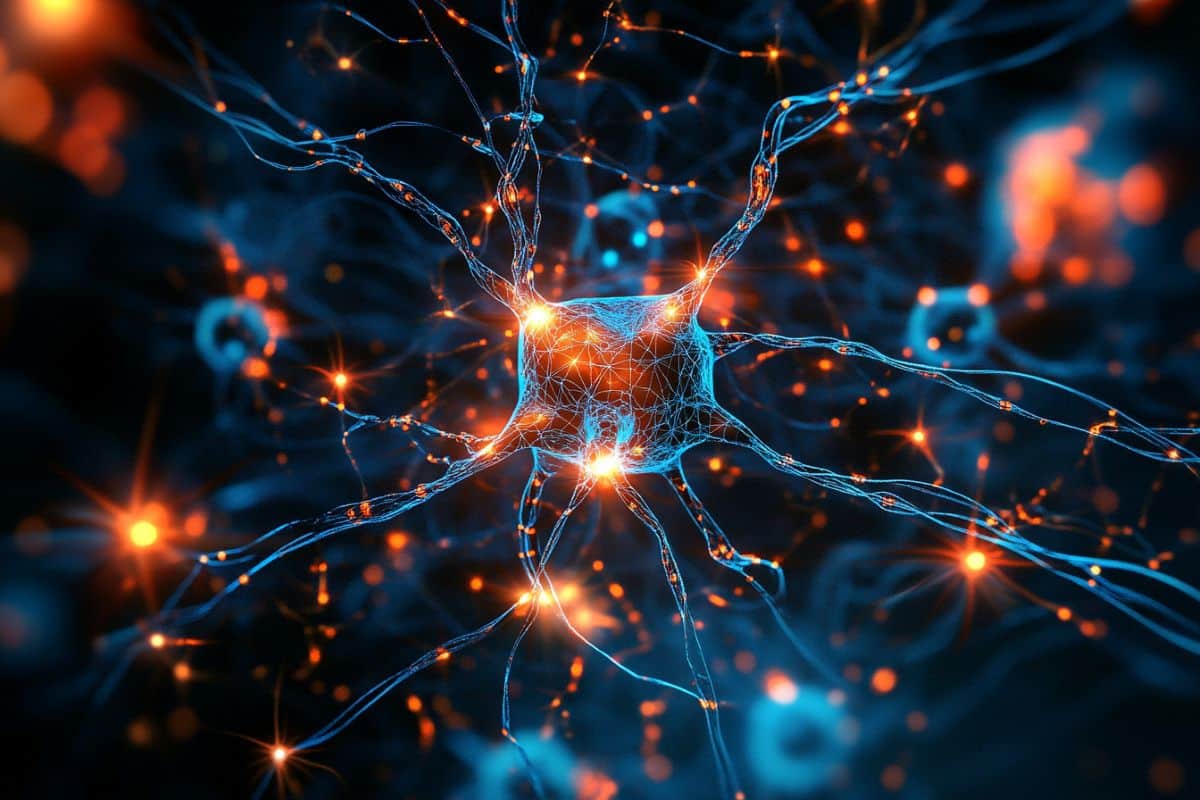

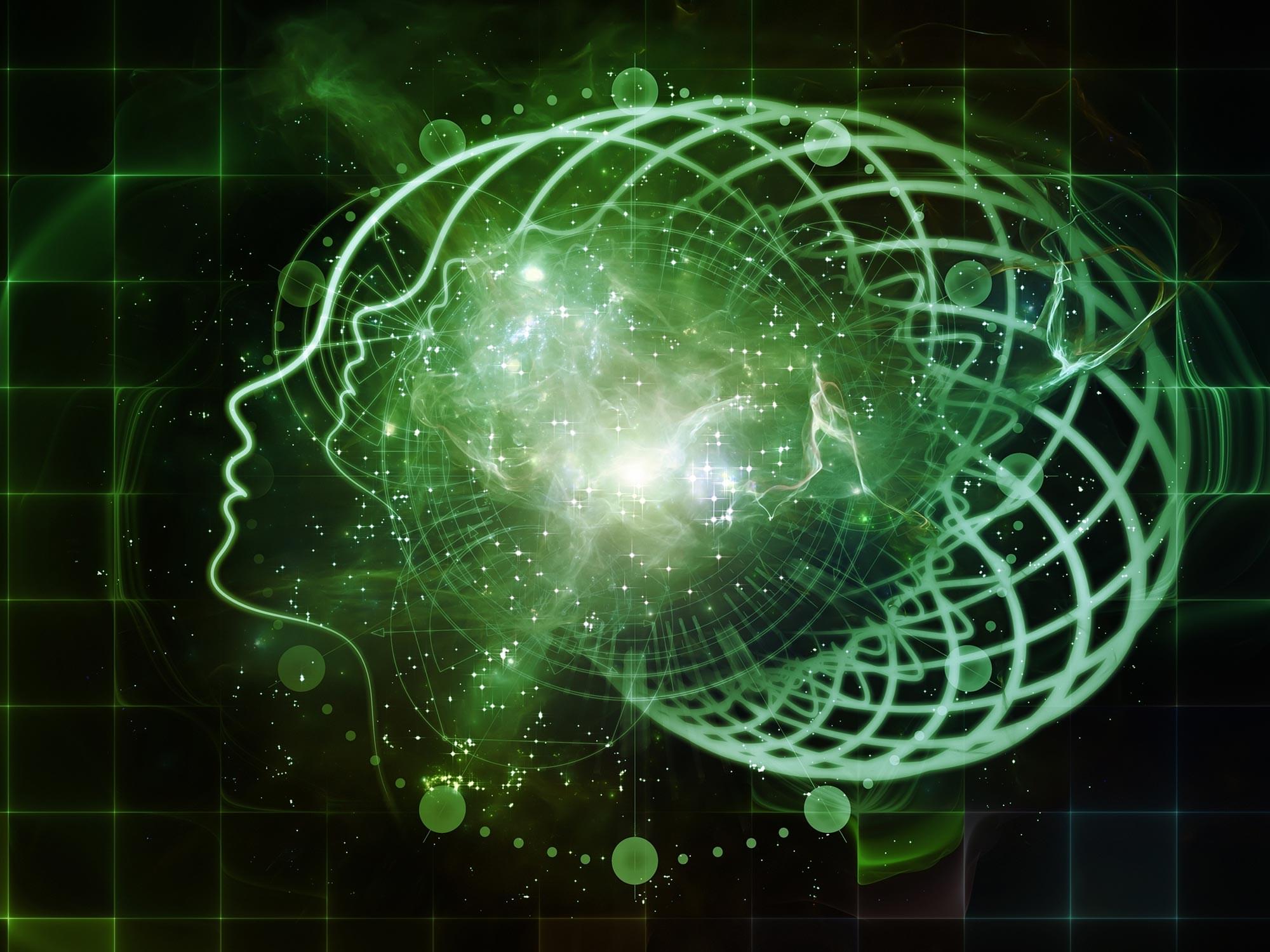
What if we told you AI just created the strongest light material known to humanity? This groundbreaking discovery could revolutionize everything from aerospace to everyday tech. In this video, we break down how artificial intelligence engineered this ultra-light, ultra-strong material—and why it changes the game forever.
Scientists have long searched for the perfect balance of strength and weight, and now, AI has cracked the code. Using advanced algorithms, researchers developed a material that’s lighter than carbon fiber but stronger than steel. Imagine planes, cars, and even buildings becoming more efficient and durable than ever before.
We’ll explore how this AI-designed material works, its potential real-world applications, and what it means for the future of engineering. From military tech to consumer products, this innovation could redefine entire industries. The best part? This is just the beginning of AI-driven material science breakthroughs.
How was this material invented? What makes it so strong yet so light? How will this impact future technology? Can AI design even better materials? This video answers all these questions and more. Don’t miss out on the science behind the next big leap in material engineering—watch now!
#ai.
#artificialintelligence.
#ainews.
*******************
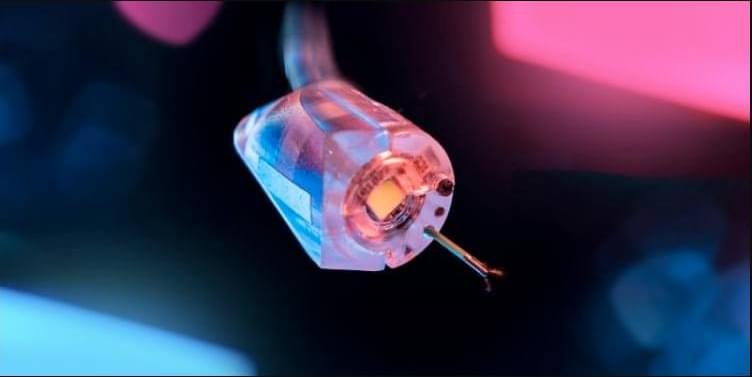
Researchers have developed a tiny magnetic robot that can take 3D scans from deep within the body and could revolutionise early cancer detection.
The team, led by engineers from the University of Leeds, says this is the first time high-resolution three-dimensional ultrasound images taken from a probe deep inside the gastrointestinal tract, or gut, have been generated.
It paves the way to transforming the diagnosis and treatment of several forms of cancer by enabling ‘virtual biopsies’ – noninvasive scans that provide immediate diagnostic data. These scans allow doctors to detect, stage, and potentially treat lesions in a single procedure, eliminating the need for physical biopsies.


A team of MIT researchers recently created the first synthetic muscle actuator that can flex in multiple directions. This study opens the door for more capable soft robots and other advanced medical breakthroughs. Here’s how the team utilized a new 3D printing method, alongside specially made stamps, to grow synthetic muscles in the lab that can replicate the real thing.
Understanding Muscle Architecture and Movement
To understand why you can’t just make a motor that does what a muscle does, you first need to look at how your body operates. When you move your hand, there is a lot more going on than just your muscles pulling in a single direction. Many multidirectional skeletal muscle fibers form intricate patterns and are mounted at angles to produce the exact motions of the human body.